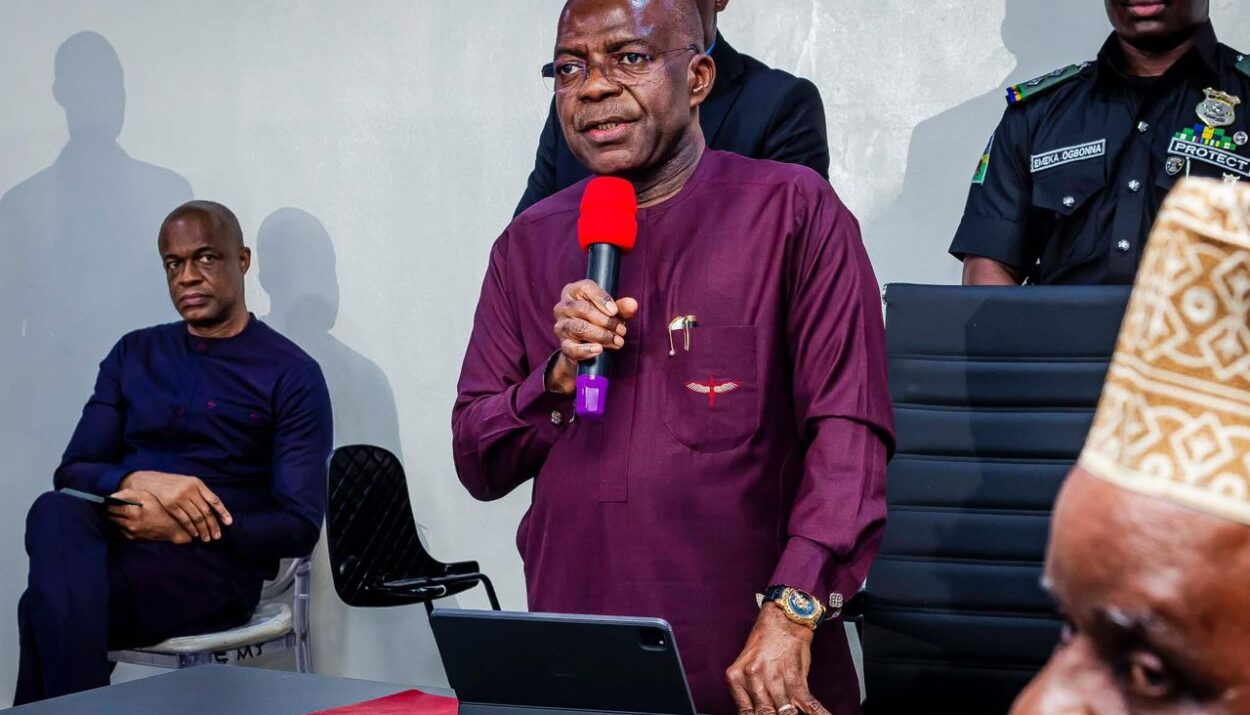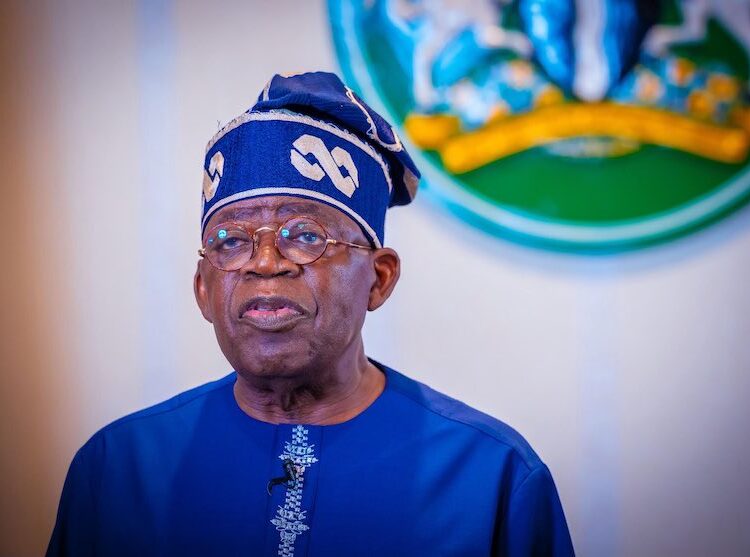Umuahia – The Governor of Abia State, Dr. Alex Otti, OFR, has reaffirmed his long-held stance on the creation of additional states in Nigeria, stating that his position remains unchanged and consistent with his advocacy for a more economically viable governance structure.
Click Here to Join Our Whatsapp Channel
This clarification comes in response to a widely circulated media post suggesting that Governor Otti is opposed to the creation of an additional state for the South East. In a statement released by his Special Adviser, Ferdinand Ekeoma, the governor described the circulating narrative as “mischievous and diversionary.”
According to the statement, Governor Otti has consistently argued against the creation of new states across Nigeria, citing the economic unsustainability of many of the existing ones. Instead, he has advocated a shift toward a six-regional structure to streamline governance and reduce cost.
However, the governor acknowledged the current imbalance in the number of states across geopolitical zones, pointing out that while one zone in the North has seven states and others have six, the South East remains with only five. In light of this, he supports the idea of creating one additional state for the South East strictly to correct this structural disparity—not as part of a wholesale creation of new states across the country.
“Governor Otti is not a man that is easily swayed by sentiments or political expediency. His position is always guided by deep thought and national interest,” the statement read.
Citing historical examples, the governor referenced leaders like Dr. Michael Okpara and Chief Sam Mbakwe, who achieved remarkable development strides without relying on the proliferation of states. He emphasized that effective governance, not state multiplication, is key to national progress.
“Creating more states without first laying down a sustainable economic foundation will only deepen divisions and hamper development,” the statement warned.
Governor Otti called on stakeholders involved in the ongoing conversation on state creation—especially public office holders—to resist the temptation of pushing selfish agendas, emphasizing that such pursuits rarely serve the long-term interests of the people.






